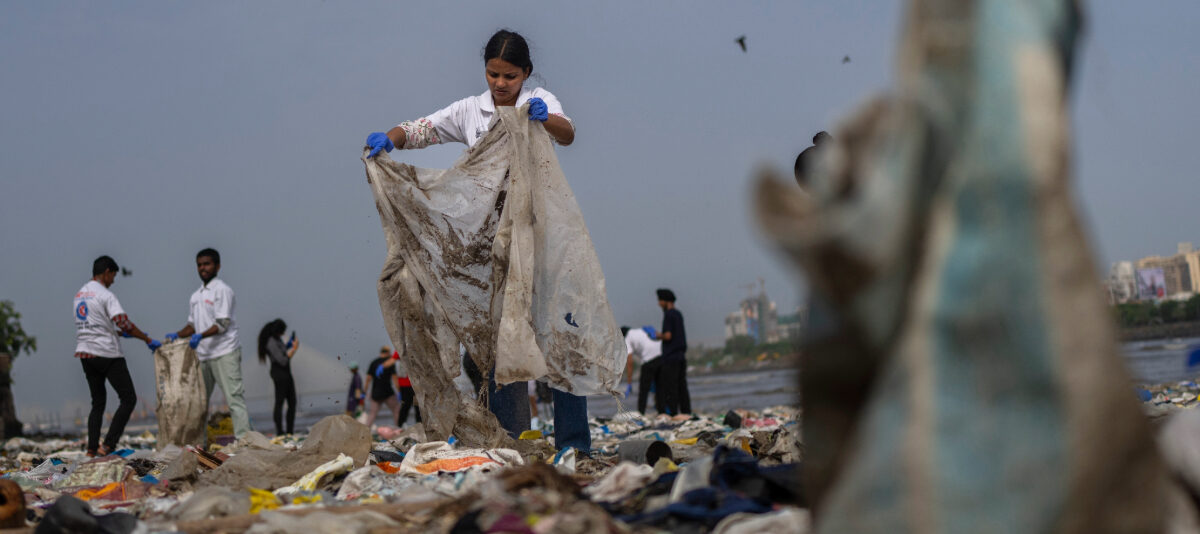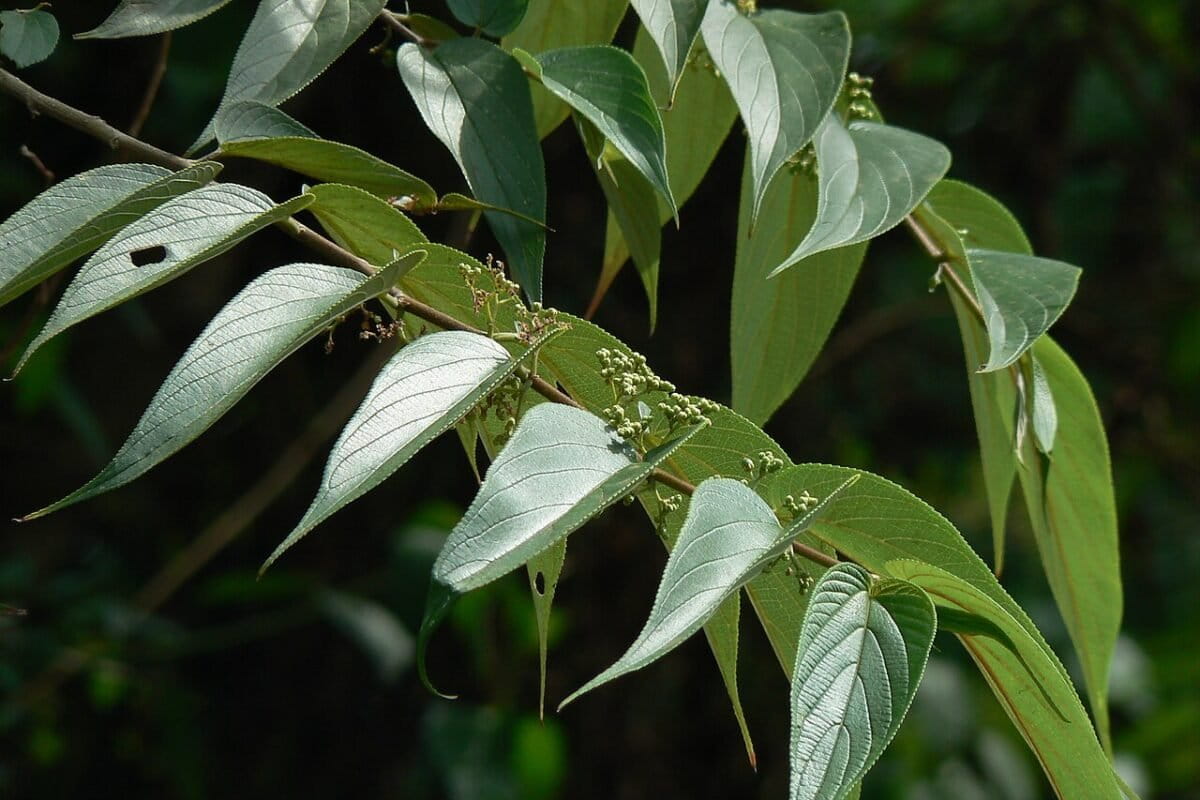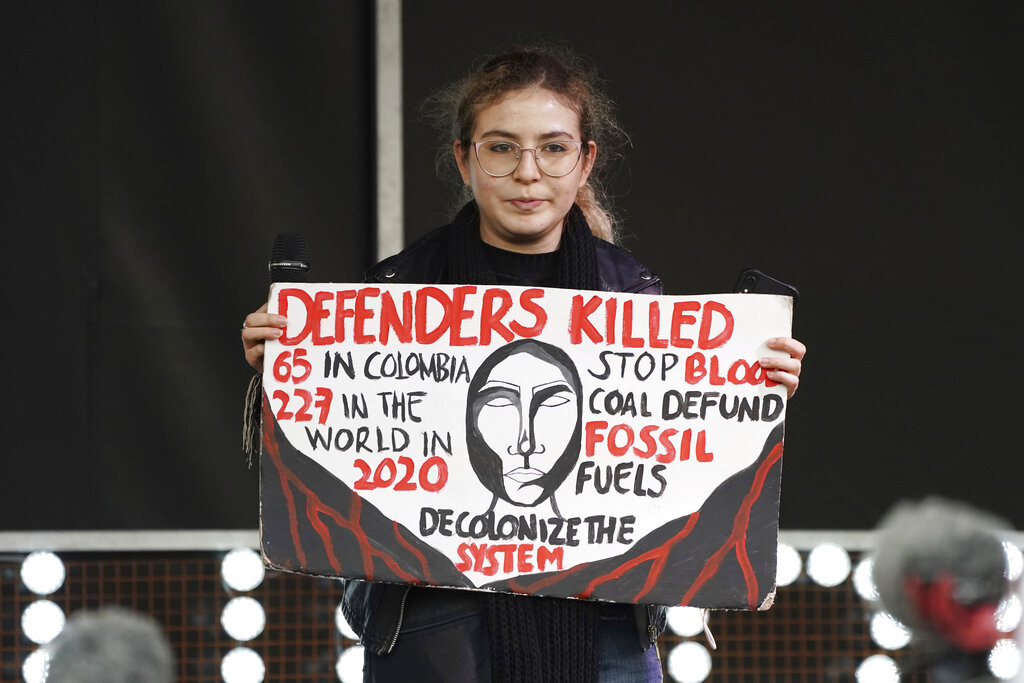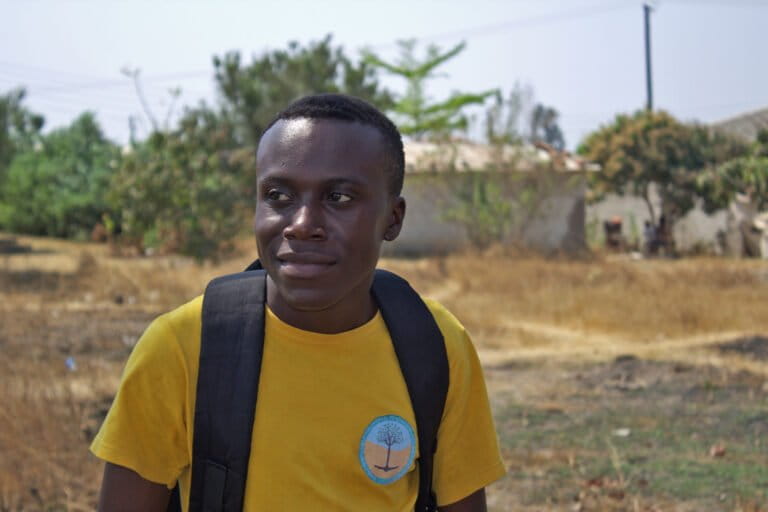- Land titles have proven to be the most effective way to protect Indigenous peoples’ land from deforestation, with such territories experiencing a 66% decrease in deforestation, and therefore protecting these forests for generations to come.
- Recently, 37 land titles were secured in the Peruvian Amazon in record time, between June 2023 to May 2024, via a partnership between two NGOs and the Peruvian government, using an innovative, low-cost, high-impact model to expedite the process.
- “We believe this model can be replicated in other regions of the Amazon and perhaps even beyond,” the authors of a new op-ed write.
- This post is a commentary. The views expressed are those of the authors, not necessarily Mongabay.
In a defining moment for the rights of Indigenous peoples in Peru, 37 land titles were secured in the Amazon in record time, from June 2023 to May 2024. This is not only a remarkable land rights victory for the region, but it also marks a significant step towards addressing climate change, reclaiming Indigenous peoples’ sovereignty and rights, and defending territories against external threats.
Land titles have proven to be the most effective way to protect Indigenous peoples’ land from deforestation, with titled land experiencing a 66% decrease in deforestation. Legal land ownership allows Indigenous communities to hold illegal loggers and land-grabbers accountable. Additionally, these titled lands act as a buffer zone, protecting adjacent Indigenous territories from invasion. Deforestation is a global concern, but for the Indigenous communities of Peru, it is also about preserving their heritage, culture, and very existence.
The process of securing land titles ranges from slow and bureaucratic to extremely dangerous. In Peru, more than 30 Indigenous leaders have been murdered over the past two decades for seeking titles for their territories and the recognition of their ancestral lands.

The Interethnic Association for the Development of the Peruvian Rainforest (AIDESEP) has been working since the 1980s to raise funds and petition the Peruvian government for the recognition and titling of our lands. In the past, we worked through intermediaries who provided support and strict guidance in the titling process. Since 2022, we’ve forged a new strategy in collaboration with Rainforest Foundation US (RFUS), who provided logistical, financial, and technical support to pilot a new methodology to meet this challenge. It began with a four-year agreement between AIDESEP and the regional government of Loreto through which the government agreed to contract soil analysts, lawyers, and Geographic Information System (GIS) specialists to support the titling process. Then, we provided tools such as geospatial maps and satellite technology to the Indigenous communities who were leading that process.
Our vision was clear: implement a low-cost, high-impact model to expedite community titling. By reimagining our interactions with the Peruvian government, and providing advanced technology directly to Indigenous forest monitors, we’ve established a model that shifts the paradigm—not only accelerating land titling but also strengthening communities’ ability to protect their territories.
See related: Indigenous land rights and the global push for land privatization

What is most groundbreaking about our approach is the emphasis on territorial consolidation, which addresses the Indigenous vision for our territory. Historically, titling has fragmented Indigenous peoples’ lands, reducing them to smaller, isolated parcels meaning the landscape of Indigenous territory is built through a mosaic of property titles. This makes us more vulnerable to threats from illegal activities. We are not only better able to protect our lands but we are also more aligned with an Indigenous worldview by titling our lands in this way and creating a common territory.
Moreover, this methodology has practical implications. Not only does it fortify the legal borders of Indigenous communities against deforestation, but it also aids the government by denying illegal actors space to operate. We are heartened to see that our approach to titling, which once took years to yield results, is now bearing fruit in eleven months.
Expanding land titling to Indigenous peoples’ territories across the Amazon rainforest creates a cascading effect that includes biodiversity protection, carbon sequestration, water resource provisioning, and a host of other ecosystem services considered vital at local to global ecological scales. This is currently the most effective strategy for curbing climate change in the short term.

Looking forward, we believe this model can be replicated in other regions of the Amazon and perhaps even beyond. But as we celebrate this milestone, let us remember its true significance: our goal is, and has always been, to provide for and protect these forests for the generations who come after us. The difference between our time and our grandparents’ time is that now we have the tools and the strategy to defend what is rightfully ours.
We envision a future where Indigenous communities stand united in reclaiming their roots, defending their lands, and shaping their destinies. Together, we are working to make this dream a reality.
Miguel Guimaraes Vasquez is an environmental human rights defender for the Shipibo-Konibo people of the native community Flor de Ucayali and is currently vice president of the Interethnic Association for the Development of the Peruvian Jungle (AIDESEP) and was previously president of the Federation of Native Communities of Ucayali and Affluents (FECONAU). Wendy Pineda is General Project Manager of Rainforest Foundation US in Peru and is a specialist in territorial management tools, employing GIS, mapping, environmental engineering, satellite remote sensing, and project management to develop participatory tools and training for communities safeguarding their ancestral lands, and has partnered with numerous Indigenous organizations in the Peruvian Amazon on community monitoring, ethno-mapping, and technology transfers.
Related audio from Mongabay’s podcast: A conversation about new ways the legal system is aiding conservation and Indigenous rights, like the rights of nature in Ecuador, listen here:
See more recent coverage of land rights issues:
Peruvian logger loses FSC label after latest clash with isolated Mashco Piro
Rio Tinto-linked mine still not fulfilling promises to Mongolian herders













